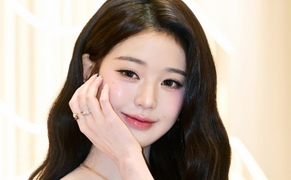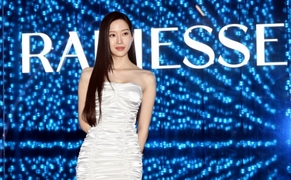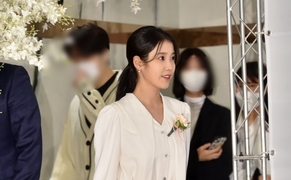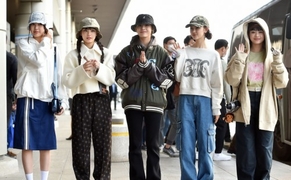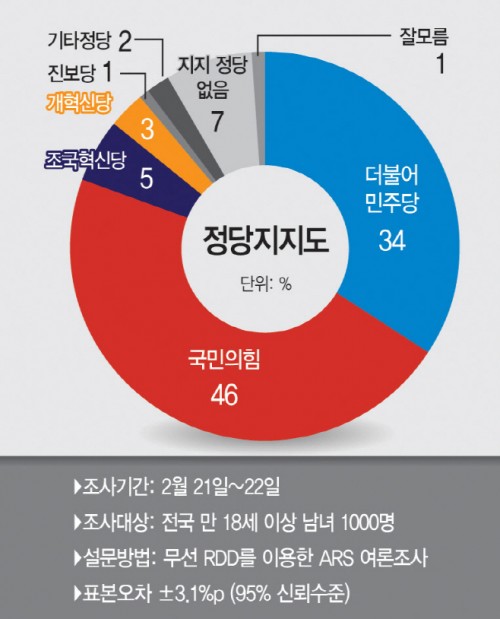 |
| A recent poll on the approval rating for President Yoon Suk-yeol showed that the approval rating for the ruling People Power Party was 45% while that for the main opposition Democratic Party stood at 34%. The poll was commissioned by the Korea Opinion Research Institute (KOPRA) and conducted by AsiaToday. It surveyed 1,000 men and women aged 18 and over nationwide on February 21-22./ Source: AsiaToday |
AsiaToday reporter Chun Hyun-bin
The ruling People Power Party (PPP) is unable to hide its dismay at the latest Gallup poll results, which contrast with recent trends. Concerns are leaking out within the party that the 20% of non-partisan respondents may indicate a desertion of the centrist bloc. From lawmakers close to President Yoon Suk-yeol who voted for his impeachment, to prominent centrists like Representative Ahn Cheol-soo, and former lawmaker Yoo Seung-min, who is called the maverick of conservatism, all are emphasizing "centrism.”
On the surface, the PPP states, "We will wait to see more survey results," "19% non-partisan respondents?", and "It is not appropriate to evaluate at this stage," but they clearly show signs of dismay. Kwon Seong-dong, the floor leader, humbly accepted the results of the poll, saying, "We acknowledge and humbly accept them."
Despite divergent voices within the party, some seem to acknowledge the recent trend. Senior spokesperson Kim Dae-sik dismissed the concerns by saying, "Judging that the centrist bloc has either left or joined based on polls at this point is too hasty," and "I think it is meaningless." According to the Gallup poll last Friday, 33% of respondents said they would support the People Power Party candidate in an early presidential election scenario, while 37% said they would support the Democratic Party candidate. This is different from the party approval ratings.
Hyeon Kyung-bo, the director of the Social Opinion Research Institute, explained in a phone call with this paper on Monday, "Telephone interview surveys conducted by Gallup tend to have higher response rates from centrists and non-partisan respondents than Automatic Response System (ARS) surveys conducted with pre-recorded messages," adding, "While ARS surveys tend to reflect more extreme opinions, they are also more accurate."
There is a high possibility that the flow of centrist desertion is being over-interpreted as non-partisan respondents are often classified as 'politically indifferent' rather than genuine centrists. In the survey, it is difficult to ask clear questions due to the lack of precise ideological values, and the political inclinations of those who consider themselves centrist are often diverse.
One notable aspect of the latest poll is the relatively higher percentage of Democratic Party supporters identifying their political stance as ‘center-right’ compared to previous polls. This is interpreted as being influenced by Democratic Party leader Lee Jae-myung's recent statement, "The Democratic Party is a center-right party," which has recently faced criticism as a "disguised right-turn."
Political ideology changes slightly over time, so aside from the 'concrete layers,' 30-40% of the public tends to show fluidity depending on the issue. However, even the politically indifferent who swing between conservatism and progressivism tend to show relatively consistent response patterns to sensitive political issues. This is why the results of recent surveys by AsiaToday and the Social Opinion Research Institute show similar trends across dozens of polling agencies.
#Gallup Poll #People Power Party
Copyright by Asiatoday
Most Read
-
1
-
2
-
3
-
4
-
5
-
6
-
7

















